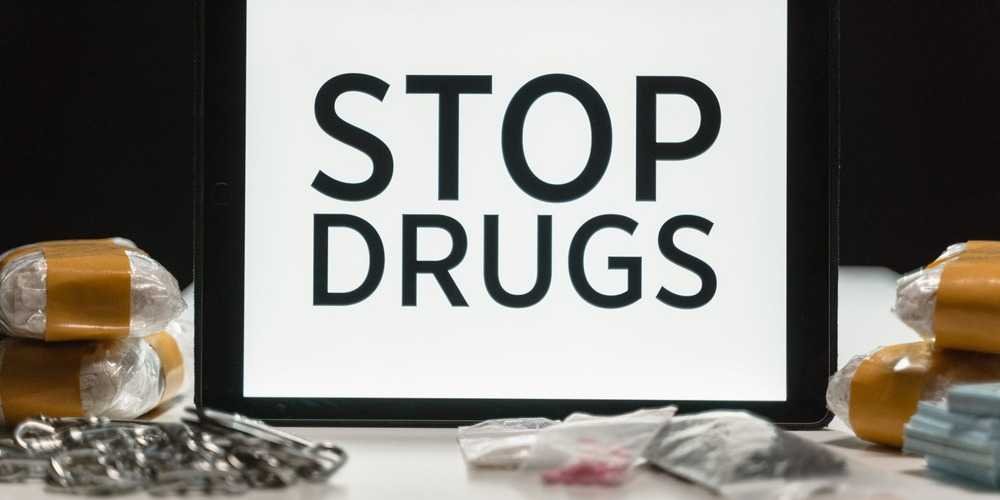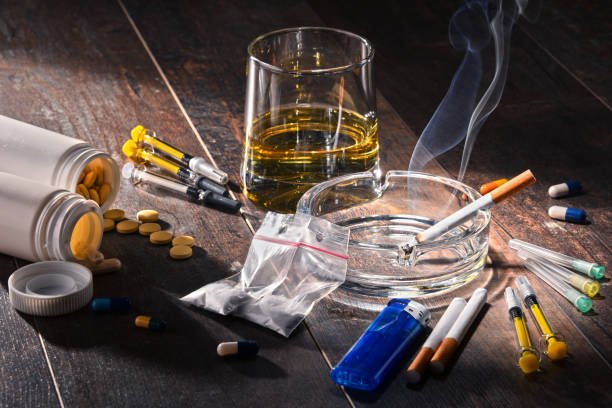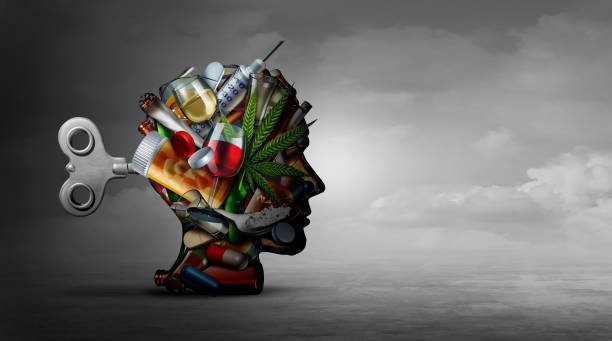
Curious Drug Addiction! 5 Tips to Bravely Say No to Drugs
The main reason for first contact with drugs is curiosity, accounting for nearly 70%. Therefore, it is very important for teenagers to understand the dangers of drugs from an early age. Here’s a look at the stages of drug use, and how to prevent it from happening.
There were 289,215 adults in contact with drug and alcohol services between April 2021 and March 2022. This is a rise compared to the previous year (275,896).
The number of adults entering treatment in 2021 to 2022 was 133,704, which is similar to the previous 2 years’ figures (130,490 and 132,124). The numbers of people entering treatment continues to be relatively stable after falling steadily since 2013 to 2014.
4 stages of drug use
- Experimentation and curiosity stage:
Most young people who come into contact with drugs or even cigarettes for the first time do so because they see their friends smoking and want to try it. Although some people stop using them after satisfying their curiosity, the main risk is that many people are usually unaware of the risks of these addictive substances and accidentally abuse them without knowing it. - Recreational stage:
After the curiosity stage, people who continue to use drugs usually think they feel good after using them and regard drugs as recreational drugs. Usually users will think that they can still control themselves and are not addicted. However, this mentality can also easily make people regard this behavior as normal and accidentally enter the stage of addiction and dependence. - Dependence and addiction stage:
If a large amount of drug is taken, or the drug is continued for a long period of time, the user usually becomes difficult to control his/her consumption and enters the addiction stage, and is likely to become dependent on the drug, whether psychologically or physically. - Successful detoxification stage:
People in this stage no longer take any drugs and have maintained this state for a period of time without any desire to touch drugs again. In addition to quitting physical dependence on drugs, people at this stage may also have achieved abstinence from the most difficult level of psychological dependence.

5 Anti-Drug Self-Defense Techniques: Say No to Drugs
Drug abuse can cause physical and psychological harm, so do not rashly try something of unknown origin out of curiosity or with the mentality of “one time will not make a difference”. The following are the “5 Anti-drug Self-Defense Techniques” provided by the Food and Drug Administration:
- Say no directly:
Say no to drugs bravely. - Stay away from the scene:
leave the place of right and wrong. - Change the subject:
divert attention. - Self-deprecation:
humorous ridicule of rejection. - Friendship persuasion:
give care and advice, protect yourself and others’ health, and stay away from poison together.













